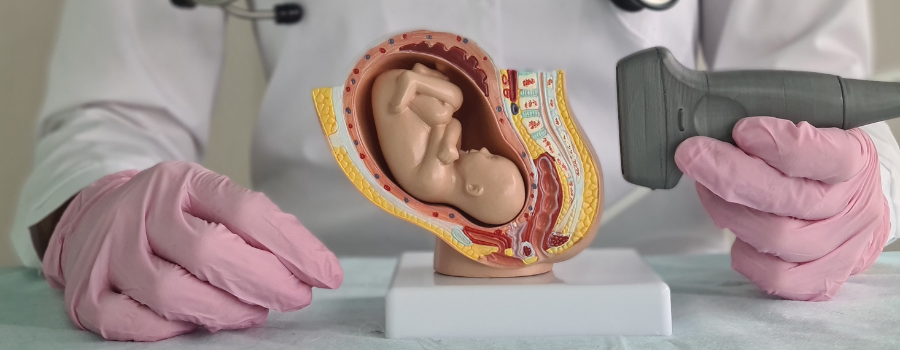Obstetrics and gynecology are two medical specialties that focus on women's reproductive health. While both fields are closely related, there are some key differences.
Here are some specifics:

Obstetrics
The field of obstetrics focuses on pregnancy, childbirth, and the postpartum period. Ideally, the same obstetrician is with a woman throughout their pregnancy journey. That means the same physician she sees for prenatal appointments will likely deliver her baby.
Reasons to see an obstetrician
Prenatal care- Prenatal care includes regular medical check-ups, screenings, and tests to monitor the health of the mother and fetus. The obstetrician's role here is to ensure a healthy pregnancy and address any complications early.
Labor and delivery- Obstetricians are also trained to deliver babies. That duty includes handling complications that may arise during pregnancy, such as high blood pressure, gestational diabetes, or preterm labor.
Postpartum care- For a little while after birth, a woman will see her obstetrician for medical check-ups. In these appointments, the obstetrician monitors the new mother's healing and guides infant care.

Gynecology
The field of gynecology focuses on the overall health of the female reproductive system, outside of pregnancy. Aside from providing general reproductive health guidance, they're trained to screen for, diagnose and treat various conditions related the reproductive organs.
Reasons to see a gynecologist
Menstrual issues- Gynecologists treat menstrual issues like irregular periods, heavy bleeding, and painful cramps. They also look for underlying conditions like PCOS or fibroids that may cause menstrual problems.
Pelvic pain- Women who experience (non-emergency) pain in the pelvic region should visit their gynecologist, who can diagnose and treat reproductive conditions.
Sexually transmitted infections (STIs)- Those experiencing symptoms, or simply seeking a routine check, can do so through their gynecologist. If an STI is diagnosed, they can also provide treatment.
Menopause- Women undergoing or approaching menopause should see their gynecologist, who can help treat disruptive symptoms and offer tailored guidance.
Preventative screenings- All women should see their gynecologists regularly for preventative care. Screening frequency depending on your age and health, but physicians may recommend pap smears, breast examinations, and/or pelvic exams to detect any abnormalities or signs of disease.

Specialty overlap
There is significant overlap between the two specialties, especially in early pregnancy. At FPA Women's Health, we specialize in pregnancy loss and abortion care.
If bleeding occurs during pregnancy, a pregnancy is diagnosed as not normal, or the pregnancy is not desired, FPA clinicians are experts at providing the full range of options to manage expectantly (give some more time), with medication, or with a surgical procedure depending on the patients wishes.
Each situation is unique, and we will adapt the care plan to meet each patient's individual circumstance.
Share This
Get Help Now